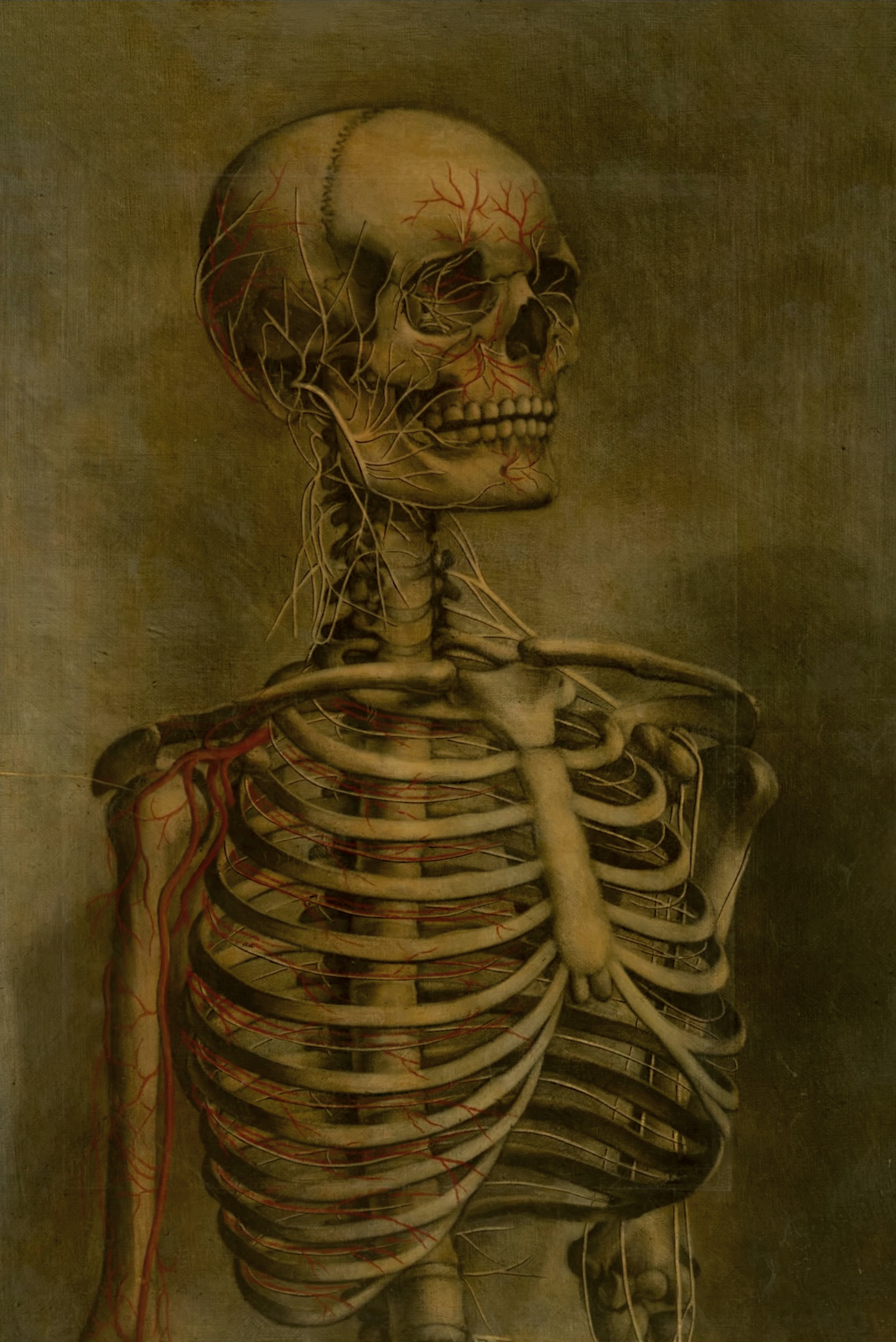And then suicides went up 37%?
I’m so tired of people thinking that nihilism (Nietzsche’s main philosophy for those unaware) is depressing. It’s not at all, it’s actually very hopeful and liberating. Nihilism can basically be boiled down to “nothing matters” which sounds depressing, but what it really means is that “nobody can tell you what matters from your perspective, only you can decide what matters to you”. It was considered depressing and was railed against by the public at the time because it goes against religious teaching which tells you that religion matters objectively and unquestioningly.
It’s extremely liberating even today despite religion not having a choke hold on society as much as it did during Nietsche’s time. It’s liberating because if what truly matters to you is shitposting on Lemmy, then that’s great! Go live your most meaningful existence! Enjoy yourself and be proud of your accomplishments in that field! You choose your own worldview and what matters to you, and that’s obviously a very a positive thing, it’s not depressing or morose or narrow-minded and I’m tired of people just boiling it down to “Nihilism is for depressed people”.
You can directly thank the Nazis for this incredibly depressing perspective on Nietzsche’s writing.
I don’t know if this is a joke or not but Nietzsche’s whole effort was spent on defining and opposing nihilism, not creating and advocating for it.
He realised that God (the philosophical entity which guarantees meaning) is dead and knew that God was a tool used to combat nihilism. He was afraid that at the time nihilism was seen as the only alternative to belief in God. He spent his whole life trying to establish the virtues that were required (the ubermensch) in order to lead a meaningful life when there is no guarantee that the world itself had a meaning.
The Wikipedia article covers this topic well https://en.m.wikipedia.org/wiki/Friedrich_Nietzsche
The death of God may lead beyond bare perspectivism to outright nihilism, the belief that nothing has any inherent importance and that life lacks purpose. While Nietzsche rejected the traditional Christian morality and theology, he also rejected the nihilism which many thought was the only alternative to it.
You’re right, my mistake. I was thinking of Existential Nihilism which is a school of thought within Nihilism, but is different in it’s interpretation as I described in my original post.
Existential nihilism is the philosophical theory that life has no objective meaning or purpose… The inherent meaninglessness of life is largely explored in the philosophical school of existentialism, where one can potentially create their own subjective “meaning” or “purpose”.
… Friedrich Nietzsche further expanded on these ideas, and … has become a major figure in existential nihilism.
There are also some quotes of note in the main Nihilism Wikipedia article
Nietzsche distinguishes a morality that is strong or healthy, meaning that the person in question is aware that he constructs it himself, from weak morality, where the interpretation is projected on to something external.
As such, the self-dissolution of Christianity constitutes yet another form of nihilism. Because Christianity was an interpretation that posited itself as the interpretation, Nietzsche states that this dissolution leads beyond skepticism to a distrust of all meaning.
I think Absurdism is more what people are generally describing when they use the term Nihilism in popular culture. Here are a couple of excerpts from the same Existential Nihilism Wikipedia article I linked.
The supposed conflict between our desire for meaning and the reality of a meaningless world is explored in the philosophical school of absurdism.
With Kierkegaard, the concept of absurdism was developed, which explains the concept of humans trying to find meaning in a meaningless world.
I remember when Wisecrack was worth watching
One of those things is out of place.
No, what is it? I’m interested.





